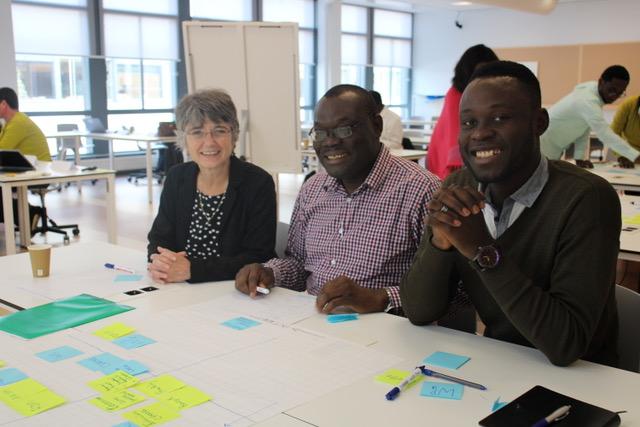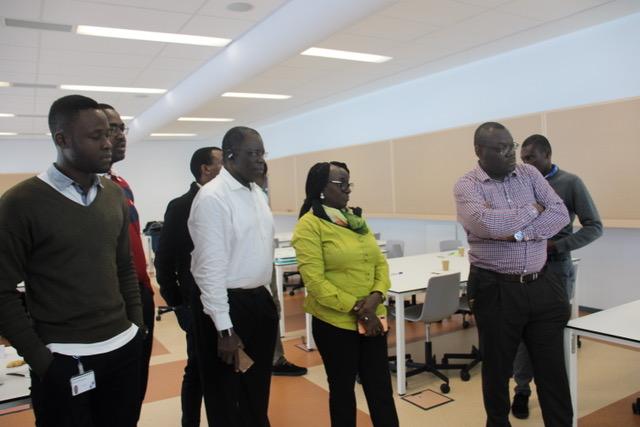

BACKGROUND TO THE CENTRE
Malaria remains an important public health disease that has bedeviled mankind and continues to persist in malaria endemic countries especially in sub-Saharan Africa where the most lethal species, Plasmodium falciparum is the most prevalent. This dominant species results in complications that leads to death especially among children under the age of five years of age with severe morbidity that leads to out-of-pocket spending while. Among pregnant women, another vulnerable group, malaria causes maternal death, poor development the growing child in the mother, spontaneous abortion, low-birth weight among other issues. The Global cases of malaria are 216 million cases from the 2018 World Malaria Report and the over 90% of deaths resulting from malaria occur in Africa. The current strategy is to achieve zero death due to malaria and a significant reduction in malaria transmission, thus its burden in order to achieve pre-elimination and elimination of the disease. Nigeria is unfortunately still in the control phase and represents one of the high burden countries where urgent interventions to reduce the burden are being increased.




